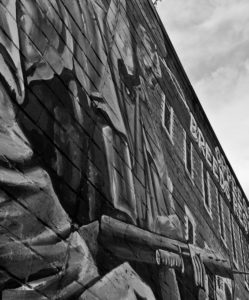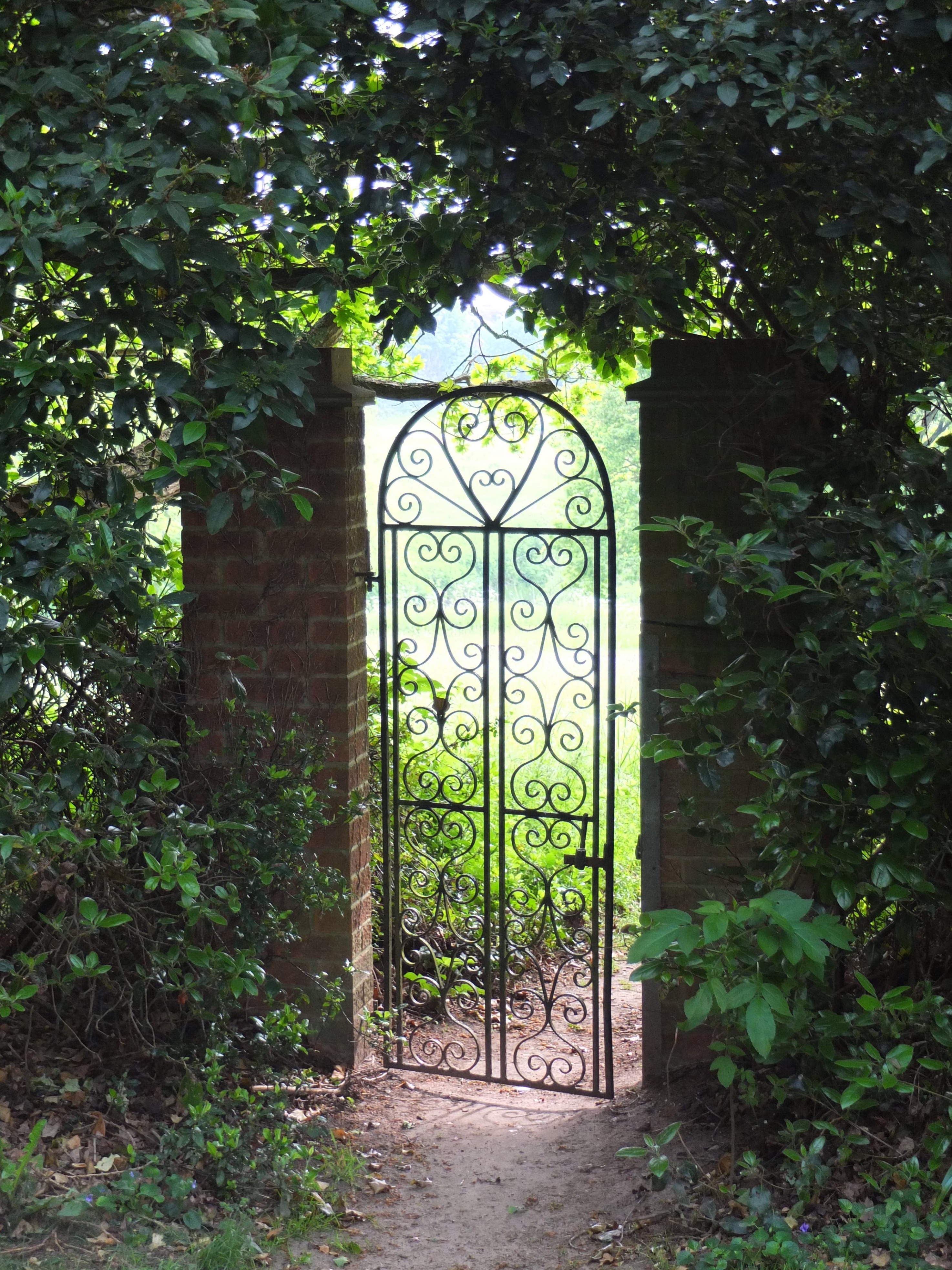 I watched on the BBC last night a deeply moving and thought-provoking documentary by journalist Peter Jackson – “My Journey Through the Troubles”.
I watched on the BBC last night a deeply moving and thought-provoking documentary by journalist Peter Jackson – “My Journey Through the Troubles”.
The BBC website described the programme thus:
“In a uniquely personal journey on the 50th anniversary of the deployment of British troops in August 1969, reporter Peter Taylor reflects on almost a half century of covering the Northern Ireland conflict.
The programme is a highly personal account of the Troubles events and legacies, drawing on Peter’s experiences in reporting from Northern Ireland.”
Taylor has spent much of his long career in television. He was working at ITV on the current affairs programme – ‘This Week‘ – when the Troubles started and he continued his coverage of the conflict after moving to the BBC’s ‘Panorama‘ strand in 1980. He has also written eight books on political violence of which more than half concern or include coverage of the struggle in Ireland. He still continues to write and present documentaries – as evidenced by last night’s showing – as he approaches his 80s.
Gentle readers whose background is in any way similar to mine will have done their growing up – as did I – to the background of the Irish conflict. At times the Troubles seemed to us a distant and mysterious affair that featured on the TV news – like something occurring in a foreign country of which we knew little. At other times – such the various periods during the 70s, 80s and 90s in which the IRA extended their bombing campaign to the UK mainland (including the Guildford and Birmingham pub bombings, the Hyde Park bomb, the attempt to kill then Prime Minister Thatcher in Brighton in 1984 and the Baltic Exchange bombing in 1992) – it all seemed uncomfortably close to home.
The Brits were then a race, however, that had not long before survived the blitz during the Second World War. When I were a ‘nipper’ (little more than two decades after those tragic events) a fair bit of the east end of London still showed the scars and was yet to be re-developed. Nothing the IRA might do would long disturb the composure of a people that had truly seen it all.
With the end of the conflict in 1998 sealed by the Good Friday Agreement (GFA) memories of such atrocities began to fade. There have certainly been major terrorist attacks on the UK mainland since that time but – the 2005 tube bombings aside – we have not suffered incidents on the same scale. In the two decades since the agreement was signed it would seem that some in the UK have begun to forget just how terrible it was to live through such strife.
This is not the case in Ireland – of course – and Jackson’s documentary revealed anew just how raw many of the wounds from that conflict yet are. The GFA was not a one-off event, of course. It was merely the beginning of a long process that is still struggling to achieve completion.
It may be that the current UK regime under PM Johnson is simply posturing in an attempt to force an unlikely compromise from the European Union with regard to Brexit – but it looks to me dangerously as though some of the grim lessons of the past are being quietly forgotten or put aside. If that is truly the case then the potential prospect of another three decades of bloody violence could not be ruled out.
Tags: Ireland, Modern life, Politics, United Kingdom


Recent Comments